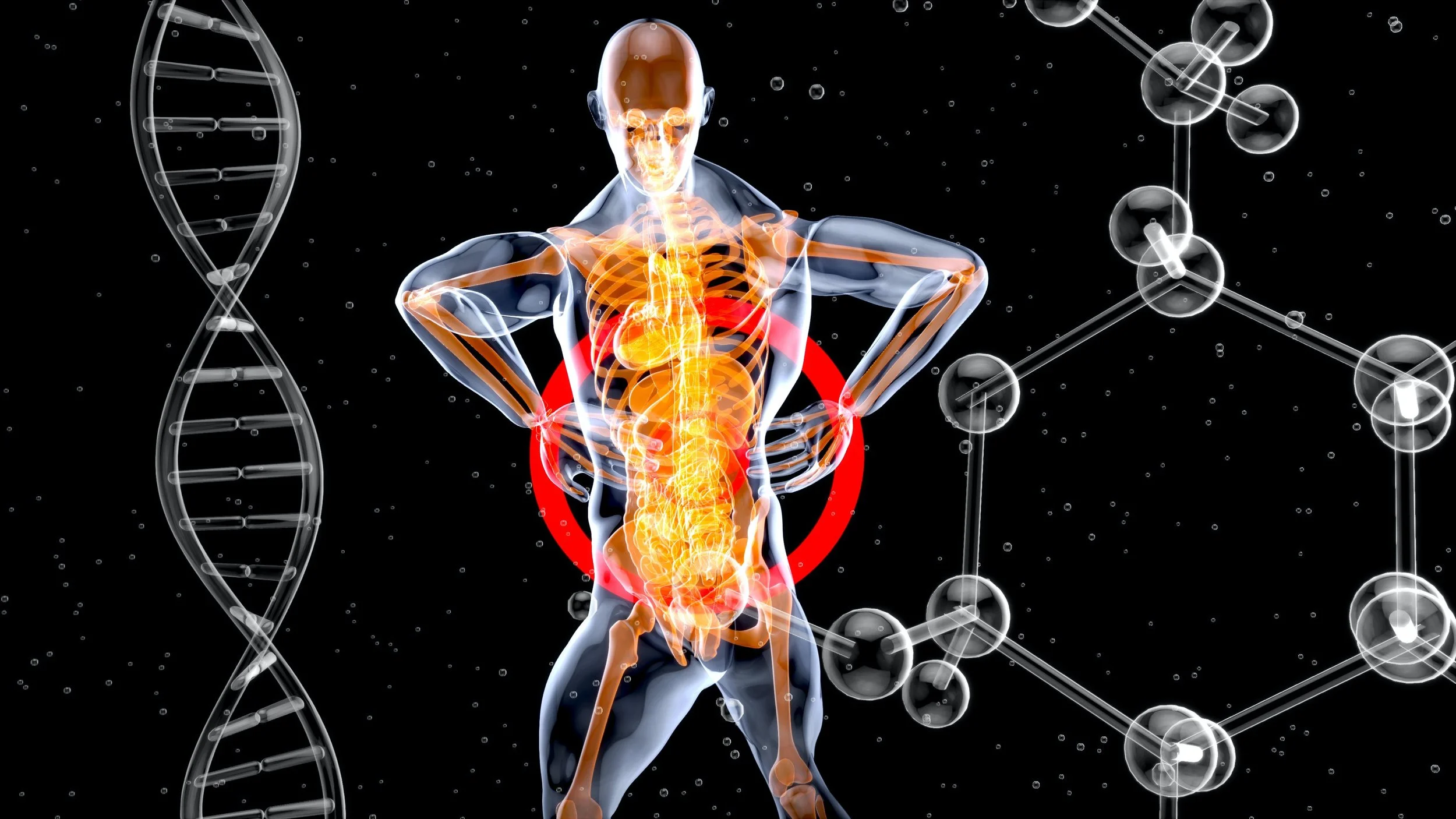Biomarker Testing: The Best Thing You Can Do Now
You should do this one thing, really.
New year. New resolutions. New you. Right? Absolutely! However, this isn’t an article to tell you how to set goals or how to keep on track with your resolutions. Nope. I’m here to chat about what you absolutely need to do for yourself first and foremost this January. I bet you won’t guess what it is but true to my nutritional science geek nature, I’m going to plead you with you to have biomarkers measured. Were you expecting that one? Perhaps if you know me but if you don’t, that likely came out of left field.
Alright, let me just jump right into it. Biomarkers are substances in your body that are indicators of physiological processes. In normal situations, you likely visit your physician because you either feel like something just isn’t right in your body or because you have a regular, yearly physical. This is more of a clinical biomarker assessment which is great, except as an athlete, it likely will not provide you all the biomarkers that you need to succeed in improving health and performance. You see, there are many biomarkers that can help you determine if your nutrition plan is supporting your needs, and others that will help you determine how effective your training plan is to help you achieve your goals.
What makes specific and customized biomarker testing even better is that you can collect data in line with your training cycle changes to note how much oxidation and inflammation your body is accumulating and how your red blood cells and iron levels are functioning (all extremely important for any athlete). Once you have a few rounds of biomarker testing done, you can start looking at the trend data to determine if there are certain times of the training year that are taxing your body more, identify potential deficiencies and formulate a better recovery plan. This is what we call monitoring as opposed to screening.
The best thing you can do now is to have a comprehensive biomarker test done to help you better understand your baseline biomarker levels and then manage them throughout the year as your training load and lifestyle stressors change. While certainly not an exhaustive list, here’s a short list of important biomarkers to include when you have them measured.
Hemoglobin
Hematocrit
Vitamin B12
Folate
Full iron panel
DHEA-S
Diurnal cortisol
Omega-3 Index
Creatine kinase
CRP
Vitamin D
RBC magnesium
Here is more information on additional biomarkers to have measured.
If you are an endurance athlete and would like to take a deeper dive into biomarker testing, be sure to check out my comprehensive video learning course, Biomarkers for Endurance Athletes, at the eNRG Performance Institute. HERE is the link.
Make it a great 2023!


